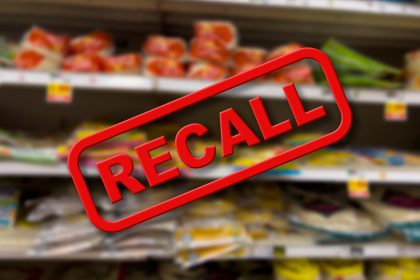In a significant food safety alert, more than 165,000 pounds of ground beef are being recalled due to potential contamination with E. coli, a dangerous bacteria that poses serious health risks. This recall, initiated by Detroit-based Wolverine Packing Co., highlights the ongoing concerns regarding food safety in the meat industry.
Details of the recall
The United States Department of Agriculture (USDA) has reported that the recall affects approximately 167,277 pounds of fresh and frozen beef products. Consumers should be particularly vigilant if they have purchased ground beef marked with a “use by” date of Nov. 14, 2024, or a production date of Oct. 22, 2024 for frozen items.
Health risks associated with E. coli
E. coli O157:H7 is a strain of bacteria that can lead to severe health complications, including: severe stomach cramps, diarrhea, vomiting and fever.
In some cases, E. coli infections can lead to more serious conditions, such as hemolytic uremic syndrome (HUS), which can cause kidney failure. It is crucial for consumers to be aware of the symptoms and seek medical attention if they suspect they have consumed contaminated beef.
Origin of the recall
The recall was prompted after the Minnesota Department of Agriculture linked several reported illnesses to the consumption of ground beef. Subsequent testing confirmed the presence of the harmful E. coli strain, leading to the swift action by Wolverine Packing Co. to protect public health.
What should consumers do?
If you have recently purchased ground beef, it is essential to check the labels carefully. Here are some steps to take:
- Look for the “use by” date of Nov. 14, 2024, or the production date of Oct. 22, 2024.
- If your product matches these dates, do not consume it.
- Return the affected products to the place of purchase for a refund or dispose of them safely.
- Wash your hands and any surfaces that may have come into contact with the contaminated beef to prevent cross-contamination.
This recall serves as a reminder of the importance of food safety and the need for consumers to stay informed about potential health risks associated with the products they purchase. As the situation develops, it is advisable to follow updates from the USDA and local health departments regarding food recalls and safety alerts.















